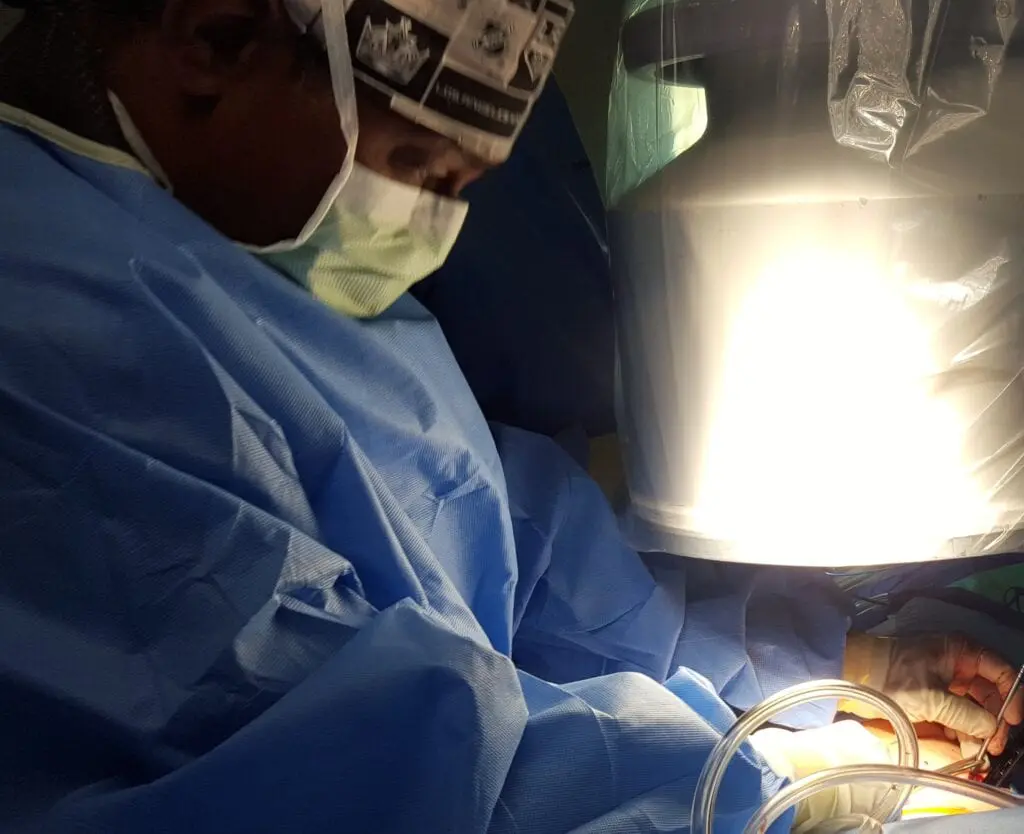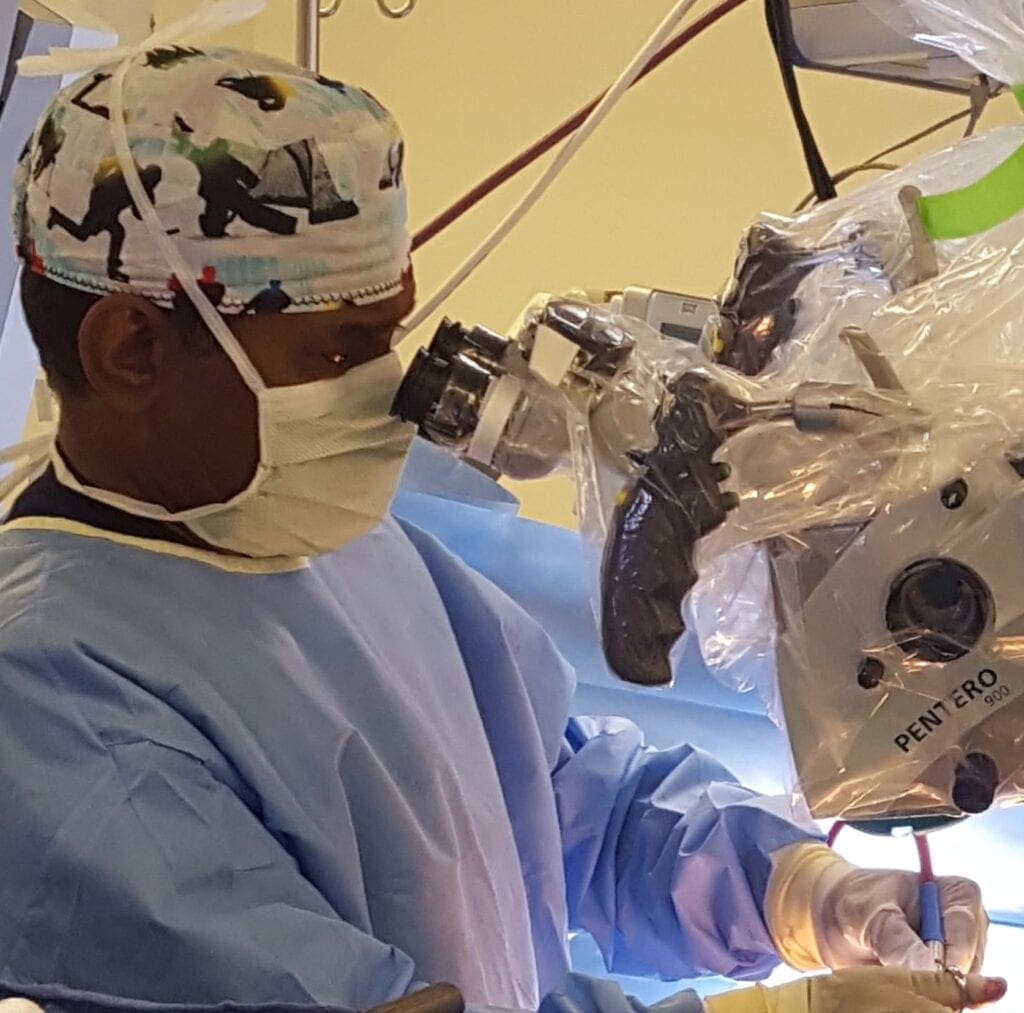Posts by Neel Anand MD
Keep the Merriment, Skip the Misery: 7 Ways to Outsmart Seasonal Back Pain
The holidays are here! A time of festive cheer, family gatherings, copious food, and – let’s be honest – a surprising amount of physical labor. From hauling decorations to wrestling with luggage and spending hours in the kitchen, the season of giving often comes with an unexpected gift: back pain. It’s a common complaint, but…
Read MoreTwo Truths and a Lie About Spine Surgery
Spine surgery – the phrase alone can trigger a flood of anxiety, worry, and outdated misconceptions. For some who suffer from debilitating back or neck pain, the fear of surgery can outweigh the hope of relief. You may have heard dramatic stories from friends or read terrifying warnings online that paint a picture of a…
Read MoreDr. Neel Anand Appointed President of The Society for Minimally Invasive Spine Surgery (SMISS)
The Anand Spine Group is excited to announce that renowned spine surgeon Dr. Neel Anand, Professor of Orthopaedic Surgery and Neurosurgery and Medical Director of the Department of Orthopaedic Surgery and Neurosurgery at Cedars Sinai Medical Center at Cedars-Sinai Medical Center in Los Angeles, has been appointed President of The Society for Minimally Invasive Spine…
Read MoreFrom Pills to Progress: Ushering in a New Era for the Treatment of Back Pain
Back pain is one of the most common reasons people seek medical care, and for decades, opioids were a go-to solution for managing both acute and chronic cases. However, a significant shift is underway, as the use of opioids for back pain is in a steady decline. Driving this change is a greater understanding of…
Read MoreWhen Back Pain Demands More: A Spine Specialist’s Perspective on Spine Surgery
Recent news of famed recording artist Paul Simon’s recent cancellation of upcoming shows due to “intense back pain that demands immediate surgical attention” brings to the forefront questions about back pain and when exactly, it rises to the level of recommended surgical intervention. I frequently encounter patients whose lives have been significantly disrupted by back…
Read MoreCurious Connections – Metabolic Syndrome and Lower Back Pain
Many of my patients struggle with lower back pain. It’s one of the most common reasons people seek medical attention, and its causes can be complex. While we often focus on mechanical issues like herniated discs or spinal stenosis as a chief cause, there’s a mighty, often overlooked contributor lurking in the background: Metabolic Syndrome.…
Read MoreSpine Working Overtime: 5 Occupations with High Risk for Back Pain
As a spine surgeon with a wealth of experience in addressing a broad spectrum of back-related issues, from acute injuries to chronic degenerative conditions, I bring a unique perspective to the discussion. While many factors contribute to back pain, occupation can play a significant role. Certain professions, due to their inherent physical demands, repetitive movements,…
Read MoreDr. Neel Anand is Named to the List of Brain Spine Research All-Stars for 2025
The All-Star lists include only the top 5% of hospitals and surgeons publishing leading-edge healthcare research. The Anand Spine Group is proud to announce Dr. Anand’s inclusion as one of the Brain Spine Research All-Stars for 2024-2025. This honor is in recognition of the quantity and quality of the orthopedic research authored and published by…
Read MoreThe Silent Strain: How Stress Impacts Your Spine (And What You Can Do About It)
April is National Stress Awareness Month, and I see firsthand the profound impact stress can have on physical health, particularly the spine. While we often associate stress with mental and emotional wellbeing, its effects do indeed ripple through our bodies as well, manifesting in physical symptoms, frequently involving back and neck pain. The chronic experience…
Read MoreThe Importance of Patient Outcomes in Spine Surgery
One of my most important goals as a spine surgeon is to help my spine surgery patients achieve the best possible outcomes. This means ensuring that the surgery successfully addresses their underlying medical condition and helping patients recover as quickly and fully as possible so they can get back to living the lives they love.…
Read More







